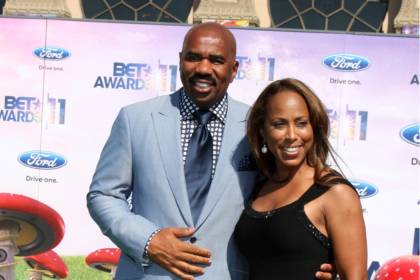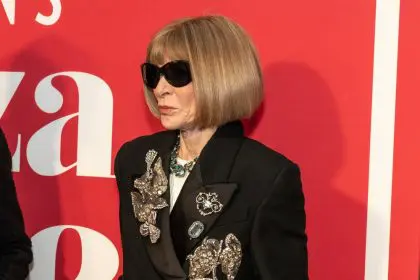Renowned comedian and actress Tiffany Haddish has ignited widespread controversy following her recent appearance on the “Say What You Mean” podcast. The incident, which aired on Oct. 22, centered around her narration of an experience with a local driver during her travels in Africa, leading to intense discussions about cultural sensitivity and comedic boundaries. The episode, which quickly gained traction across social media platforms, has become a focal point for debates about cultural respect and the responsibilities of public figures in shaping global narratives.
Behind the controversial narrative
During the podcast episode, Haddish shared a detailed account of her interaction with an African driver, focusing extensively on personal hygiene observations. The comedian, who holds Eritrean citizenship through her father’s heritage, described offering unconventional hygiene solutions to the driver. Her narrative, though intended as humorous, struck a sensitive chord with many listeners who found the comments problematic and culturally insensitive. The incident has particularly raised eyebrows given Haddish’s own connection to Africa, prompting discussions about internal bias and the complexities of cultural representation. The situation escalated as various media outlets began covering the story, amplifying its reach and impact across different communities.
Social media eruption
The aftermath of Haddish‘s podcast appearance triggered an immediate response across social media platforms. The incident quickly transformed into a broader conversation about respect, cultural awareness and the responsibilities of public figures. Various community members, including ride-share drivers and African diaspora representatives, contributed to the discourse by sharing their perspectives and experiences, highlighting the universal nature of personal interactions across cultures. The digital backlash has led to broader discussions about representation in media and the power dynamics at play when celebrities share personal anecdotes about their travels. Entertainment industry observers note that this incident reflects a growing trend of audiences holding public figures accountable for their cultural commentary.
Examining comedy’s cultural impact
The controversy has opened a significant dialogue about the intersection of humor and cultural representation. As a public figure with African heritage, Haddish’s comments have particularly resonated within the context of media representation of Africa and its people. The incident has prompted discussions about the need for more thoughtful approaches to cultural humor, especially from influential personalities who shape public perception. Entertainment industry experts suggest that this situation highlights the evolving nature of comedy in a globally connected world, where cultural sensitivity has become increasingly important. The incident has also sparked conversations about the responsibility of podcast platforms and media outlets in moderating potentially sensitive content.
Moving forward: Comedy and consciousness
The incident serves as a catalyst for examining the evolution of comedy in an increasingly connected world. While Haddish’s candid style has garnered her significant success, the backlash highlights the growing demand for more culturally conscious entertainment. The situation demonstrates the delicate balance performers must maintain between preserving their authentic voice and respecting cultural sensitivities. Industry analysts suggest that this incident could influence future approaches to comedy and cultural commentary, potentially leading to more thoughtful consideration of cross-cultural interactions in entertainment. The entertainment industry faces growing pressure to develop more nuanced approaches to cultural humor while maintaining creativity and authenticity. This incident may serve as a turning point in how comedians and public figures approach cultural commentary, potentially influencing future content creation and media representation strategies.

















